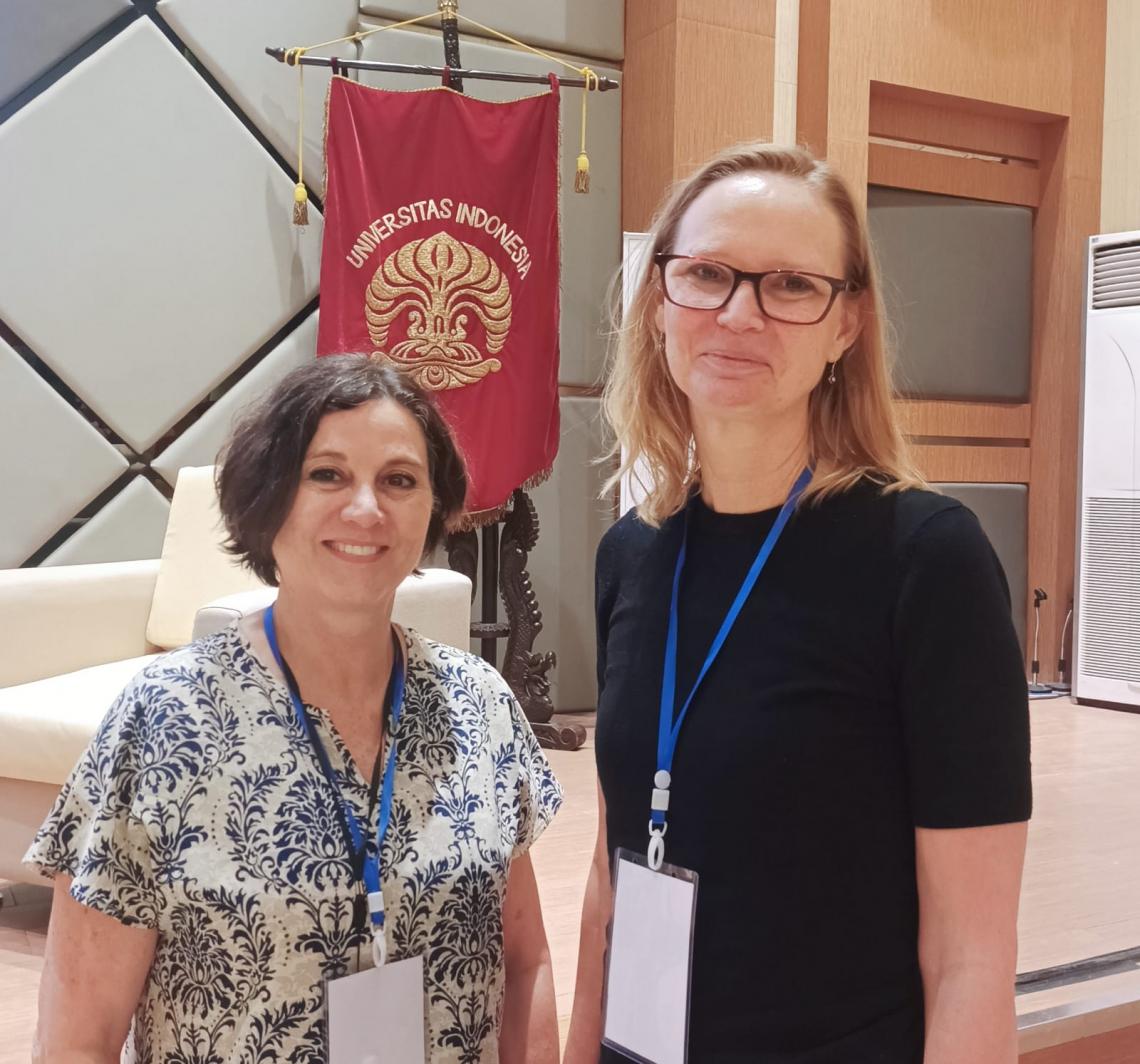Faculty of Law scholar appointed President of the Commission on Legal Pluralism
Click on the image to read more
SAHRC invites Prof Mmusinyane to address traditional leadership in Taung
Prof Boitumelo Mmusinyane, Deputy Director of Undergraduate Programmes at the Faculty of Law's Mahikeng Campus, was recently invited by the South African Human Rights Commission (SAHRC) to deliver a presentation to traditional leadership authorities in Taung, representing the Batlhaping baga Maidi, Phudutshwana, and Mothibi communities.
In his address, Prof Mmusinyane highlighted the importance of codifying the Batlhaping traditional authorities' living customary laws. By doing so, these laws can be made enforceable, consistent, and clear, ensuring their integration within South Africa's constitutional framework. He introduced the idea of village constitution models to formalize customary laws, strengthening their substance and clarity.
The need for codification
"Codifying these laws ensures that traditional authorities have governing systems that are both relevant and enforceable, promoting sustainable self-governance," said Prof Mmusinyane. This initiative aligns with Section 211 of the 1996 Constitution, which recognizes traditional leadership systems and supports their development. His presentation builds on ongoing collaborations with the SAHRC and the Commission for Gender Equality, which aim to assist traditional communities in safeguarding their governance systems' sustainability.
Prof Mmusinyane has previously engaged with other traditional communities, such as the Barolong boora Tshidi in Mahikeng and the Bafokeng in Rustenburg, delivering presentations on the importance of codifying customary laws. In his recent lecture for the Bakgatla ba Kgafela Royal Family, he emphasized that traditional communities must take control of their laws. "Without codification, outsiders may influence the meaning and content of these laws, eroding control over governance systems," he cautioned.
Moving beyond oral traditions
Prof Mmusinyane stressed that traditional communities have established governance systems, but they must transition from oral traditions, which can lack clarity, to written laws. Areas such as marriage laws, succession, leadership, land matters, and contracts would benefit from codification, providing certainty and aligning with cultural practices.
"It is time for these laws to be codified, ensuring they are clear and consistent across generations," he remarked.
Prof Mmusinyane critiqued the overreliance on Western governance systems, rooted in colonial and apartheid ideologies, as a means of restoring traditional governance. He argued that these systems do not serve the interests of traditional communities, as they were never part of their law-making processes. While the 1996 Constitution is progressive, it has not adequately reinforced traditional governance systems.
"The imposition of Western governance systems during colonialism and apartheid has not empowered traditional communities. The 1996 Constitution must further recognize and restore traditional governance structures," he explained.
Empowering traditional communities
For Prof Mmusinyane, codifying customary laws is crucial for empowering traditional communities to regain control of their legal and governance frameworks. By doing so, these laws can be better understood, interpreted, and enforced in line with the Constitution’s commitment to protecting the rights of traditional communities.
"Codifying their laws is the first step toward reclaiming governance control, ensuring their rights are protected while allowing them to function independently," he stated.
Protecting culture and identity
He also emphasized that customary law is inseparable from indigenous languages and cultures, which must be preserved through the legal frameworks governing them. A decolonial perspective is necessary when applying universal human rights, as current legal frameworks often fail to recognize the unique customs of traditional communities.
"Customary law, culture, and language are interconnected. Protecting these systems means ensuring they are reflected in the laws that govern them," he said.
Ultimately, Prof Mmusinyane believes codifying customary laws is essential for strengthening the autonomy of traditional communities. This process allows these communities to navigate modern legal systems while preserving their customs, culture, and language. "It's about empowering traditional communities to govern themselves in a way consistent with their traditions and aligned with the Constitution," he concluded.
.jpg)
Prof Boitumelo Mmusinyane, Deputy Director of Undergraduate Programmes at the Faculty of Law's Mahikeng Campus

